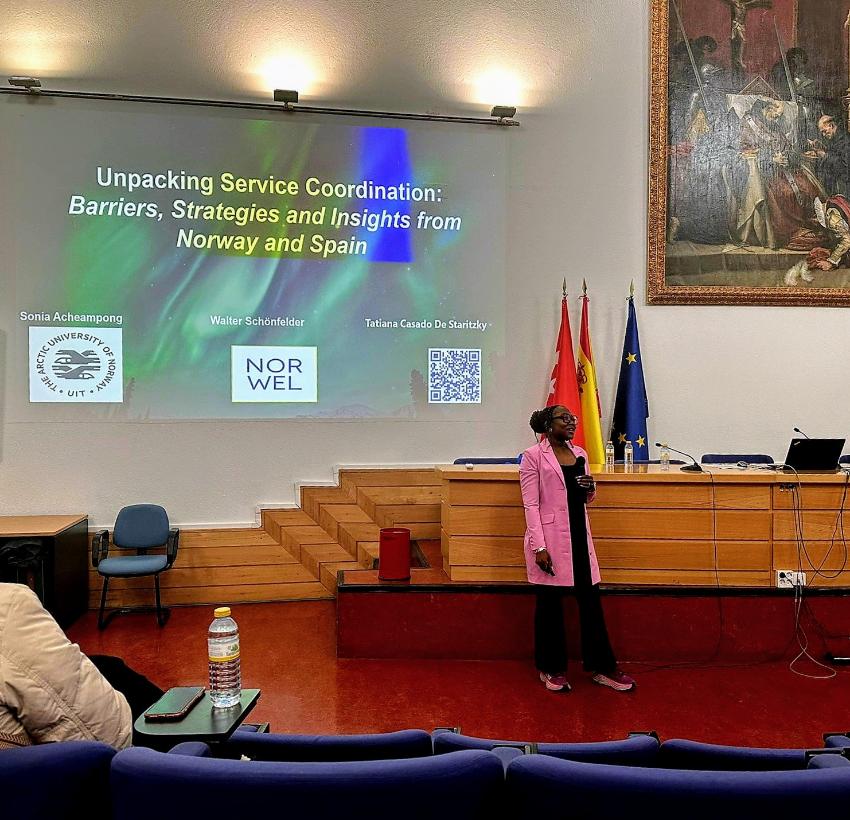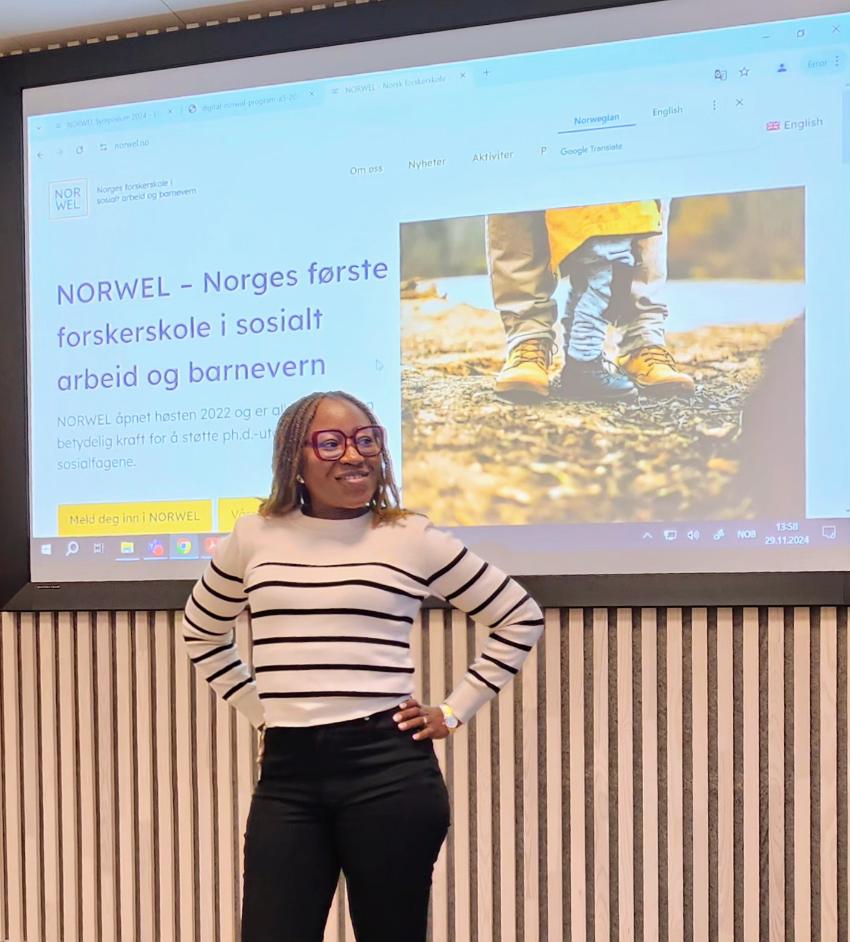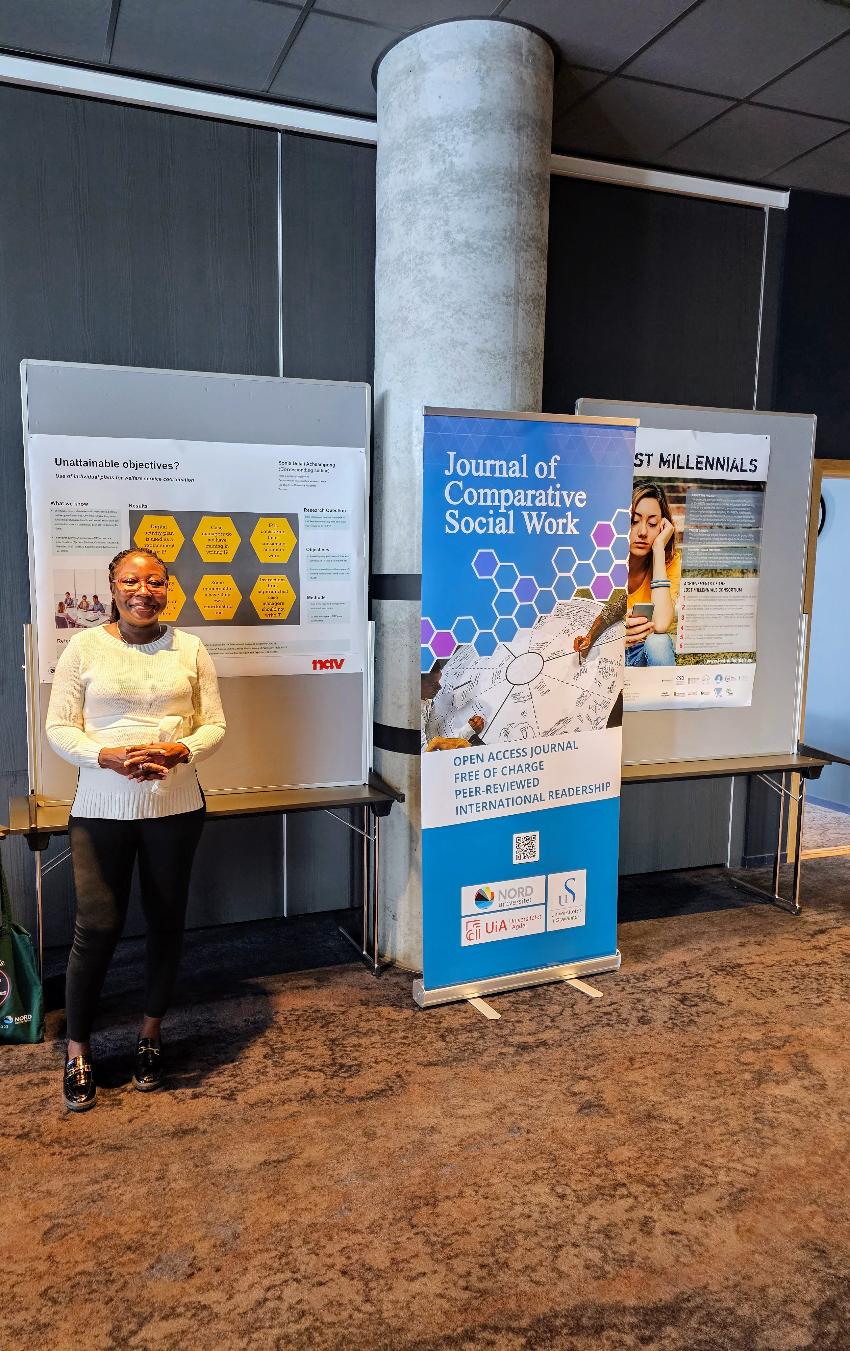To ensure comprehensive and coordinated service delivery, end-users who require long-term and comprehensive health and social assistance are entitled to have an individual plan (IP) drawn up for them to suit their specific needs. An IP is both a tool for and a process of coordinating services received by end-users from health and other public services. IP is also used to maintain cooperation between end-users and the institutions that provide support to them. Numbers from Statistics Norway show that only a few people who are entitled to an IP have one (Statistisk Sentralbyrå, 2020. See: https://www.ssb.no/statbank/table/13006). Research also confirms the underuse of individual plans for service coordination.
Objectives and research questions
This project has two main objectives. The first objective is to assess why most end-users of NAV who are entitled to an IP do not have one, although case managers in NAV have an obligation to inform them about their right to have an IP worked out if they want to. The second objective of the project is to investigate which other suitable means of providing comprehensive and coordinated services across the different welfare institutions are used other than using the IP.
The research questions are as follows:
- What are the challenges that case managers in NAV face while working with clients who require or have IPs?
- How do leaders in NAV regard IPs as a tool for service coordination?
- What other service options are available for end-users where an IP is not utilized?
- Are IPs as a tool for service coordination regarded differently in Norway, compared to other countries?
Methods
Data material for my research consists of transcripts from interviews with three respondent groups: case managers in NAV, leaders of NAV, and social workers in Spain. The last group of respondents was chosen since I became aware that IP is an instrument for service coordination in several countries. In order to find out which challenges with IP are idiosyncratic to Norway and which are justified in the instrument itself, I have chosen to contrast the Norwegian interviews with Spanish ones.
I carry out the data analysis partly in a discursive psychological perspective and partly in the form of thematic analysis. Theoretically, my analysis is rooted in Lipsky's concept of "street-level bureaucracy" (Lipsky, 2010).
Preliminary results
Preliminary analysis of interviews with case managers in NAV shows that IP is not used as required by law and IP is regarded as time-consuming extra work, one reason being that an IP requires a coordinator once the plan is written. Digital activity plans are often considered a replacement for IP. Case managers point out that they have not received training in writing IP. Some municipalities have their own coordinating unit outside NAV and this is interpreted by case managers that they do not have to utilize an IP. Some have received instructions from superiors that case managers should not write IP.
A comparative analysis of interviews with social workers in Spain and Norway highlights the structural differences between the welfare systems of the two countries and provides insights into the everyday challenges faced by social workers in both urban and rural settings. Respondents from both countries stressed the importance of discretion when managing complex cases, often placing immediate responsibilities above formal coordination plans. This study supports the theory of street-level bureaucracy (Lipsky, 2010), demonstrating that factors such as insufficient attention to service coordination, heavy workloads, lack of organizational support, time constraints, and bureaucratic procedures hinder effective coordination of services.
Significance of this project:
The project highlights the characteristics of the work of case managers in certain NAV offices which inhibit the use of IPs. Furthermore, the project sheds more light on existing ways of providing coordinated and comprehensive service provisions which so far have not been given much attention. By conducting a comparative analysis of service coordination tools in Norway and Spain, the project unearths similarities and differences in the implementation of social policy and the realities of front-line workers' daily tasks. The project also offers NAV leaders an opportunity to share their perspectives on their role in implementing IPs and explore definitive measures to ensure its usage.
The primary investigator in the project is research fellow, Sonia Delali Acheampong. The project is supervised by Professor Walter Schönfelder and Associate Professor Elin Anita Nilsen.
The project activities are part of the research group Profesjoner og velferdssamfunn (ProVel) | UiT.
The project is owned by UiT The Arctic University of Norway.
Siste nytt
Updated results will be published on this site as the project proceeds.
[Loading...]



